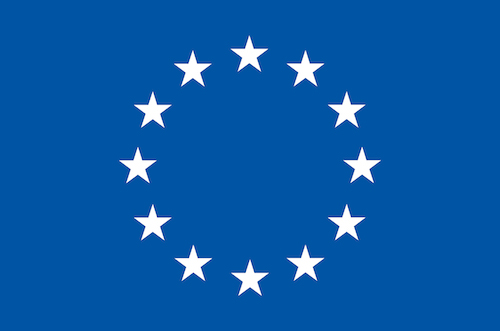Discussing on health inequalities at Trento festival of Economics
At the beginning of June, the Lifepath project participated in the twelfth Trento Festival of Economics, because its main topic this year was health inequality. Three members of the project went to Trento, Italy, to share Lifepath’s experience with the audience.
“Social injustice kills, on a large scale,” explained Sir Michael Marmot (University College London), whose book The Health Gap: The Challenge of an Unequal World inspired Tito Boeri to centre this year's Festival of Economics on health disparities. According to Marmot, there is a strong connection between per capita GDP and life expectancy. “It is not simply about rich and poor countries,” he explained, “since many times inequalities in health within countries are as big as the differences between countries. In a few words, it is not simply the money in your pocket that defines poverty, or determines health risks.” A key role in defining health inequalities for Michael Marmot is what are called Social Determinants of Health (SDH), which are simply the conditions in which people are born, grow, work, live, and age, and are also, even more simply, the wider set of forces and systems shaping the conditions of daily life. These forces and systems include economic policies, development agendas, social norms and policies, as well as politics more broadly. Marmot displayed “evidence-based optimism” about the possibility of reducing health inequalities.
Life expectancy is correlated to poverty, but how does this connection work? How do the effects of socioeconomic disadvantages translate into our biology and, thus, into our health? To provide an answer to such questions, Paolo Vineis (Imperial College, London) presented some of the studies he and his collaborators carried out on the epigenetic embodiment of social inequalities. “We used a series of biological markers to analyse the relationship between socioeconomic conditions and health outcome”, explained Vineis. “We found that social and economic disadvantages, especially early in life, may trigger a kind of defensive stance from the body that might lead to an exaggerated inflammatory response in adult age, which, in turn, could have a negative effect on health.”
Social class thus plays a pivotal role in shaping health during the life span. So do behaviours and lifestyles. “Even within a city, there are significant differences in life expectancy between the richest districts and poorer suburbs,” said Giuseppe Costa (University of Turin), “and social and economic stress may in turn lead to unhealthy behaviours, like a high alcohol intake or a sedentary lifestyle, which are bad for health.”
That is why Marmot emphasised the importance of empowerment. Being able to exert control over your own life is a powerful tool for individuals to improve their health. Empowerment is a key factor in the fight against health inequalities, combined with community resilience, which is the capacity to bounce back from adversity. Both empowerment and resilience can be promoted through programmes that have been shown to work. Lifepath aims to provide more new evidence for the development of such programmes.
“The festival in Trento has demonstrated that health inequalities have now attracted the attention of economists, and the context for discussion has become the common good, according to the excellent presentation by the Nobel prize Jean Tirole”, concluded Vineis.

 Lifepath
Lifepath